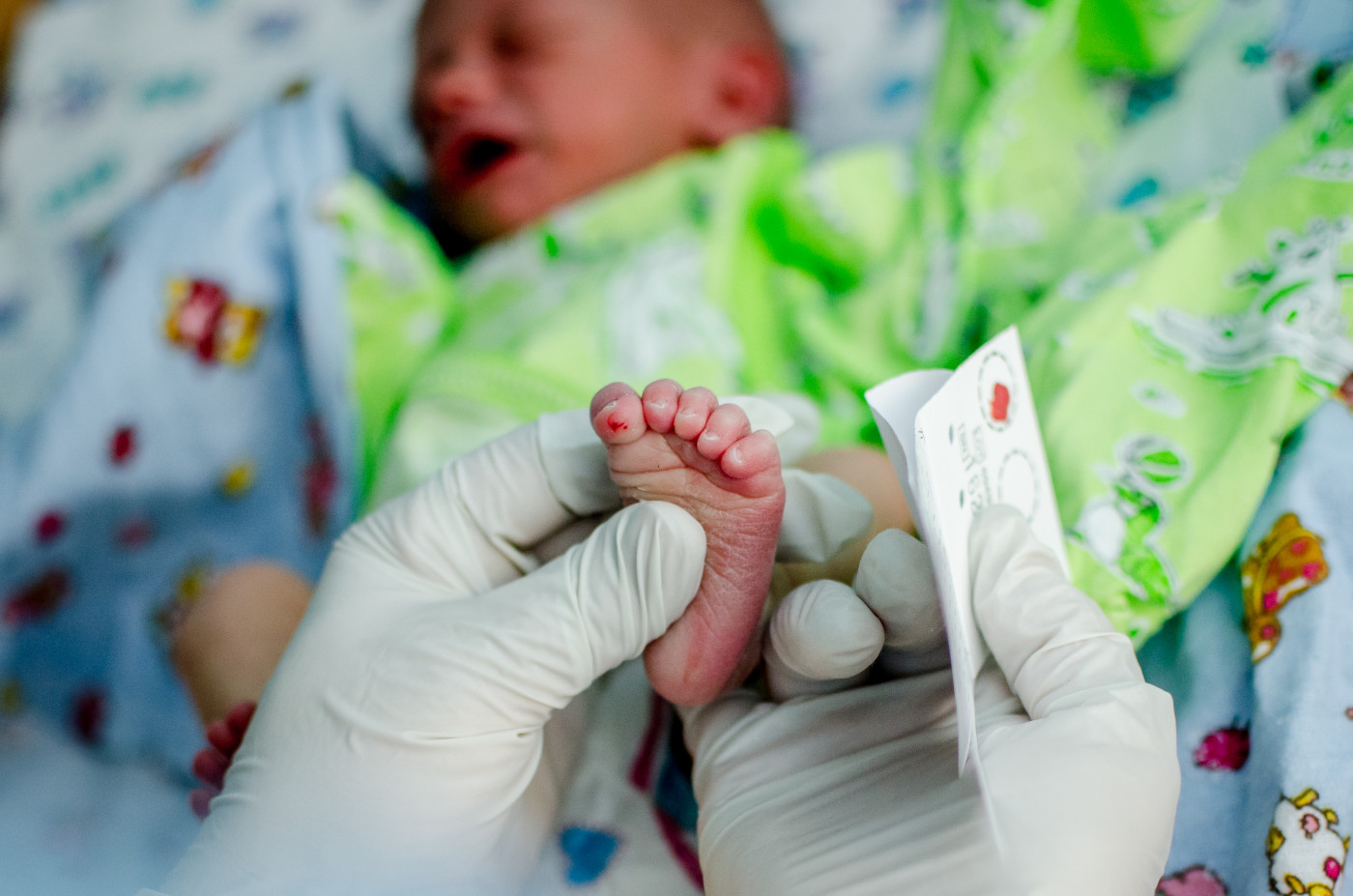People in the UK Support Newborn SMA Screening, Study Shows

The majority of people that completed a U.K. survey support the idea of newborn screening for spinal muscular atrophy (SMA), according to a report published in the journal Molecular Genetics & Genomic Medicine.
With Spinraza (nusinersen) now available as an SMA treatment option, people in favor of screening believe that a diagnosis at birth may now offer better healthcare choices and improved life expectancy for those affected.
The study is an important contribution to the debate of a potential implementation of SMA screening, as public support is key to its evaluation, said researchers at Warwick Medical School and the University of Warwick in the U.K.
The study was titled “Newborn genetic screening for spinal muscular atrophy in the UK: The views of the general population.”
A number of reasons have prevented newborn SMA screening from being introduced in the U.K., researchers said. For instance, it is difficult to anticipate whether the disease course will be mild or severe, based only on screening results.
Before Spinraza’s approval — in 2016 in the U.S. and 2017 in Europe — there was also no treatment for the disease.
But now there is, and research in the past year has demonstrated that Spinraza is most effective when given before infants start showing symptoms. This has renewed debate of the feasibility of newborn screening both in Europe and the U.S.
To find out what the general public — people having no prior relationship to SMA — were thinking regarding the idea to screen all newborns for SMA, researchers used an online survey to gather the opinions of 232 individuals.
They then compared survey results to earlier surveys in families with SMA children.
The group was composed of 69 percent women, and about 40 percent were younger than 25. About half the group had a university degree and 63 percent were not religious. While about half the group had children, only 3 percent were pregnant or trying to become pregnant at the time of the survey.
Eighty-four percent of the participants favored newborn screening — a number significantly higher than the 70 percent reported among SMA-affected families.
Those who favored screening stated better healthcare and support as key reasons, but also mentioned the potential to advance SMA research and ease enrollment into clinical trials. A diagnosis at birth would also make it easier for parents to make informed decisions about future pregnancies, people argued.
The majority, or 82 percent, found that a diagnosis at birth was important even with the current inability to predict disease type and severity.
People who were against screening stated that a diagnosis at birth may interfere with the bonding process and cause unnecessary stress. Researchers, however, noted that families with SMA-affected children did not agree with the idea that a diagnosis would affect bonding.
Researchers also noted that the support for newborn screening was similar to that of other screening methods, including preconception and prenatal screening.
The study demonstrates that a large part of the general population favors the introduction of newborn screening for SMA.







